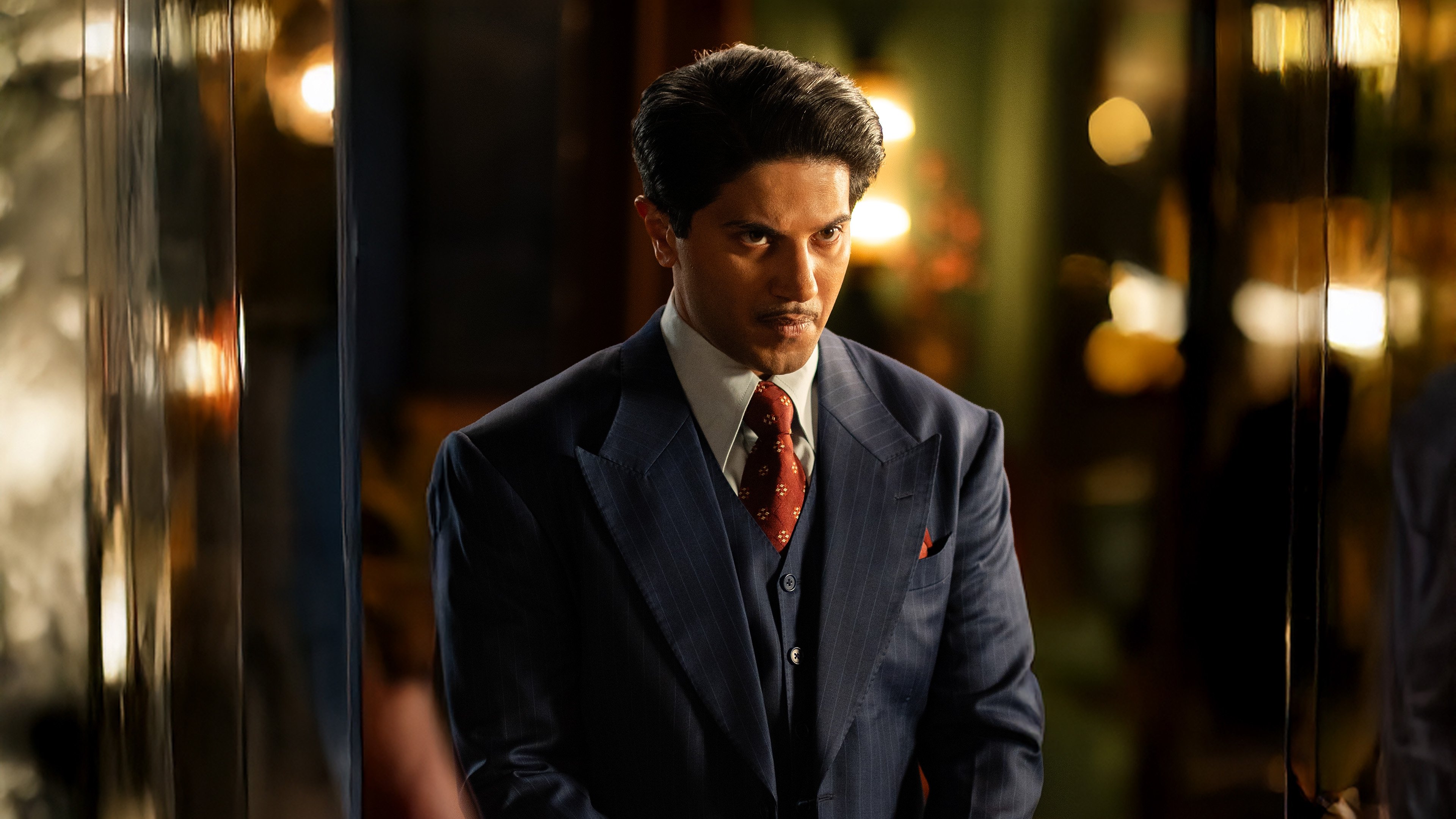- Published on
Kaantha Movie Review

Kantha begins as an ego clash between two individuals in an artistic setting, but it evolves beautifully into something truly compelling. Despite pre-release speculation about whether it was based on real events, the film is clearly a work of pure fiction.
The craftsmanship is exceptional across all aspects—the music, cinematography, art direction, direction, and performances are all outstanding. The film cleverly uses its premise of a movie being made within a movie, especially a period film, to its advantage. Elements like lens flares and artificial lighting feel organic to the story. I appreciated the stark contrast between the two narrative layers. The main story bursts with vibrant colors and rich sound, while the film being made is a silent, black-and-white production. The way the pulsating soundtrack suddenly cuts off when transitioning between these worlds is particularly effective. These transitions are handled masterfully, and the two worlds don't remain isolated—they're meaningfully connected both visually through seamless shifts and narratively through the story itself. The internal film scenes are cleverly woven into the climax, creating a beautiful overlay effect.
The casting is superb, with everyone fitting their roles perfectly. Rana Daggubati is the only exception—but his character so perfectly fits and remain engaging. Some shots reminded me of Knives Out for some reason.
Dulquer consistently chooses excellent scripts and has played many memorable characters. For Samuthirakani, this appears to be a rare showcase for his full acting range, and he delivers brilliantly.
With minimal characters and locations—most scenes unfold in just two or three rooms—the film evokes classic stage drama in the best possible way. While I expected another typical "movie about movies," this is quite different. The narrative skillfully conceals, reveals, and misdirects, making it more of an investigative thriller than just a drama.
The second half is gripping—audiences were silent for the final 20-25 minutes. There seem to be subtle nods to the Joker from The Dark Knight in Dulquer's styling, mirror shots, and one of his fictional films being titled "Komali Mannan." It's also nice that the film prominently credits several filmmakers in its filmography.
While there are some flaws—perhaps some Romeo and Juliet-like elements—the superior craft, screenplay, and twists more than compensate.
I'd recommend everyone experience it in theaters at least once to capture that stage drama atmosphere, which you simply can't replicate at home. It's worth the ticket price—go see it in cinemas.